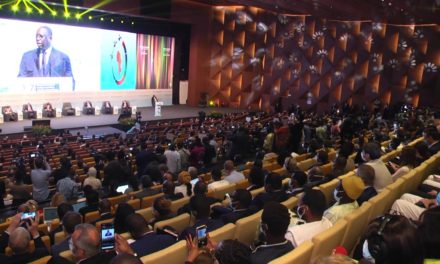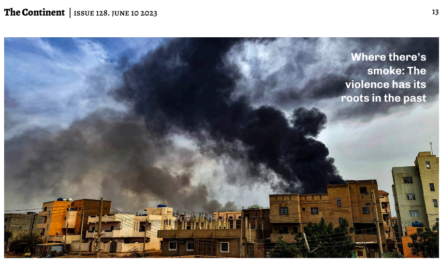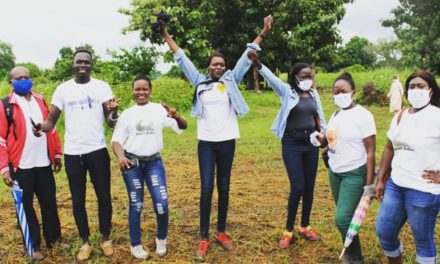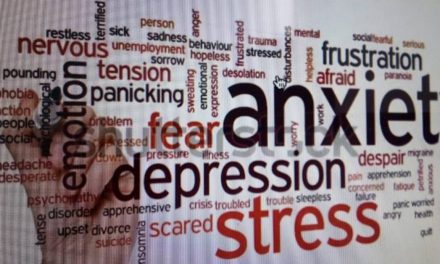
Kidney disease, A Death Sentence in South Sudan

By Diing Magot
Patients suffering from kidney disease in South Sudan cannot afford treatment in a country where there are only two hospitals equipped with kidney dialysis machines.
Patients at the private Al Cardinal Kidney hospital say they pay up to 200 dollars a week since they have to also buy medical supplies such as gloves and concentrated acid imported from Khartoum, Sudan.
Mary Andrua was diagnosed with chronic kidney disease, cancer and anemia several years ago. She had one kidney surgically removed and after the operation, doctors discovered her remaining kidney was not functioning properly as well.
In 2015, the 52-year-old went to India with the hope of getting better treatment. All were in vain.
Although Andrua responded to treatment positively while in India, it was short lived as in 2018 she began feeling sick and doctors soon discovered she had advanced kidney disease.
She needed either a kidney transplant or dialysis, which involves removing excess water and toxins from the blood in people whose kidneys can no longer function naturally.
Andrua says she went in for regular dialysis but admits treatment in South Sudan is extremely expensive.
“it is very costly. So, as a non-working patient and some other people here, also patients who are not working, we cannot afford the treatment.” Andrua says.
James Duku is an information technology inspector at the ministry of water resources and irrigation. He says ever since his 72-year-old father Isaac Kenyi started dialysis in July 2019 he had to pay the hospital 100 dollars a week.
“Also, the dialysis fees that is 3,000SSP, the heparin is 1,200SSP. Then I need to buy the drips that is 1,000 then also I need to buy the gloves, I need to buy the syringe, I need to buy the multivitamin, I need to buy like now my father is having infection also I need to buy the antibiotics, vacuumizes, (and) the gentamicin.” Duku says. “So, all these need monies.” He added.
Duku’s father, Isaac Kenyi succumbed to the disease in June last year.
Dialysis involves a high technology machine which is like a computer system fitted with power and has a constant supply of pure water treated with chemicals. A filter, called a dialyzer is made to imitate the natural kidney of the human being and helps remove excess water and toxins from the body.
Sudan based Dr. Abdalla Sabeel, a prof. of medicine and kidney diseases at the Al Cardinal kidney hospital, visits regularly from Khartoum to treat patients and train staff in South Sudan.
Dr. Sabeel admits dialysis is expensive. He advises South Sudanese communities to raise funds from charities to support patients with kidney diseases who cannot afford the cost of treatment.
“You may have 5 percent or 10 percent of the patients who can afford (Kidney treatment) but the other 90 percent cannot,” says Dr. Sabeel.
“The government cannot give all the money to kidney patients, because the government’s responsibility is to treat other patients,” he adds.
Dr. Maker Isaac, director of Juba Teaching Hospital, the country’s only referral hospital, says many patients have died at his facility because they could not afford the cost of treatment.
“It is very costly, if you don’t have the money unfortunately you cannot go, you have to have the money.”
“Unfortunately, we have lost many patients because they are referred for kidney transplant and they do not have the means so they just die,” Dr. Isaac told The Insider.
Dr. Sabeel says 15 patients were receiving treatment at Al Cardinal hospital in Juba. There are hardly any statistics on the number of South Sudanese suffering from kidney disease or those who have succumbed to it.
Juba Teaching Hospital received eight dialysis machines, a doctor and a nurse from Egypt to treat patients with kidney disease in November 2019.
“They brought all the consumables, so the people who are not able to pay for dialysis in Al Cardinal, we can do it here for free and the Egyptian govt will be paying, (they) will bring the staff for 6 months, after that the government will take over.” Dr. Isaac explains.
The featured image was extracted from the UNDP AFRICA twitter post @UNDPAFRICA on Friday February 19, 2021.





















Recent Comments